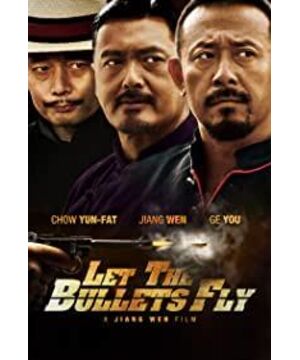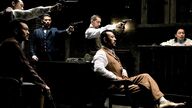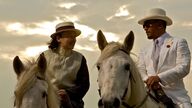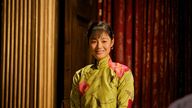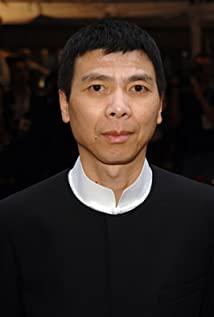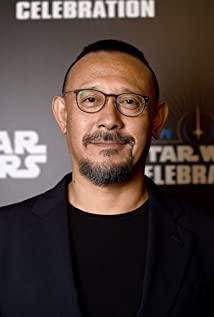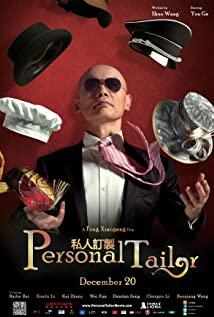The film tells the story of the Beiyang period, southern China. After an earth-shattering train robbery, Zhang Muzhi, a green forest gangster who ordered the mountains and forests, encountered Tongtian who was walking in the rivers and lakes and cheated Lao Tang. The two turned from life and death enemies to good friends. However, the real decisive battle has just begun. Huang Silang is eyeing the Goose City, and a series of murder cases is staged. The three kings of South China are on their own.
The rhythm of the film is strong and the good and the bad are clear. Jiang Wen used his own logic and attitude to make a commercial film that caters to the public, full of personality. The western style of black humor is bloody and profound. Hisaishi's soundtrack is still surprising. Jiang Wen's films are full of his unique romantic elements, and behind the black humor, when you watch the whole film and then start to ponder, you can experience it again. A catharsis of one of these institutions, both personal and public.
Just like the title of "Let the Bullets Fly", Jiang Wen's creation of the rivers and lakes in the chaotic times in the Beiyang highlights this colorful dream in the midst of happiness and enmity, and this dream is so majestic, without a trace of tenderness, Such heroic legends are bloody, and the heroic complex of Jiang Wen-style talent has been brought into full play.
View more about Let the Bullets Fly reviews


